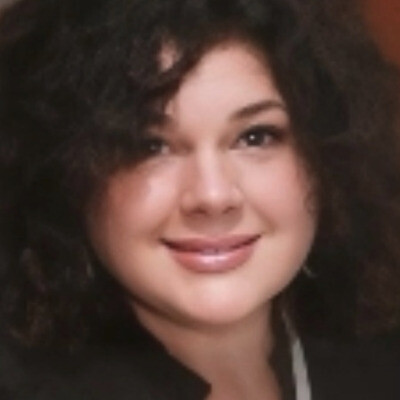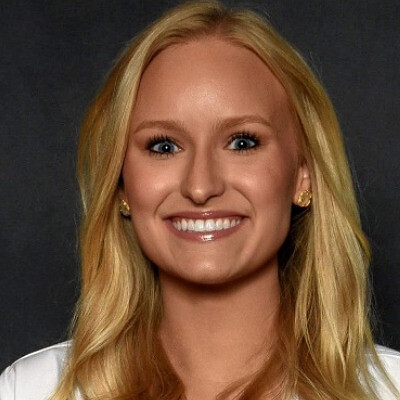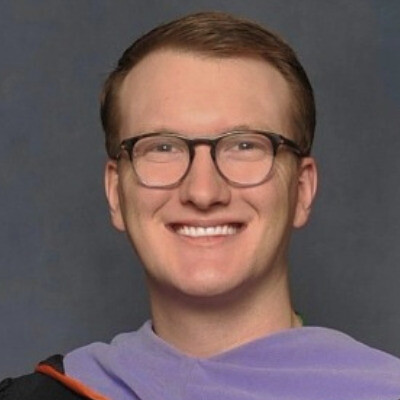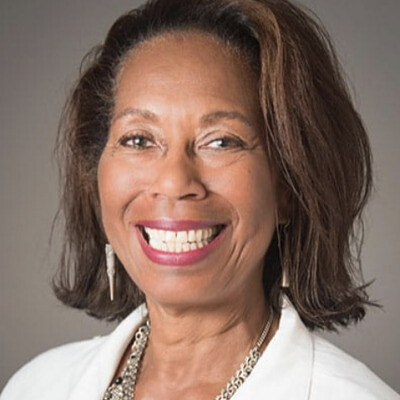This Lightning Talk will cover the formation of a student chapter of the American Academy for Oral Systemic Health (AAOSH) by dental students at the University of Tennessee Health Science Center (UTHSC), which is referred to as the Interprofessional Association for Oral and Systemic Health (IAOSH). The UTHSC chapter is proud to be the first national interprofessional group created by dental students on a campus. This organization unites students from various fields, including dentistry, medicine, nursing, pharmacy, graduate health sciences, and allied health fields to collaboratively address barriers to oral systemic total health in communities, regardless of socioeconomic status (SES), with the goal of promoting this collaborative model across Tennessee and beyond.
Motivated by the ongoing lack of discussions regarding oral systemic health and its direct connection to total health, including mental health, the founding team is creating programs focused on IPEC's four core competencies, starting with Values and Ethics. This may intersect with Roles and Responsibilities, Communication, Teams, and Teamwork, along with funding. Currently, the Values and Ethics core competencies will emphasize:
• Interprofessional service learning
• Workshops on oral systemic and total health continuity and leadership
• Team-based case presentations are rooted in ethics and person-centered care
In support of improving patient care, this activity is planned and implemented by The National Center for Interprofessional Practice and Education Office of Interprofessional Continuing Professional Development (National Center OICPD). The National Center OICPD is accredited by the Accreditation Council for Continuing Medical Education (ACCME), the Accreditation Council for Pharmacy Education (ACPE), and the American Nurses Credentialing Center (ANCC) to provide continuing education for the healthcare team.
As a Jointly Accredited Provider, the National Center is approved to offer social work continuing education by the Association of Social Work Boards (ASWB) Approved Continuing Education (ACE) program. Organizations, not individual courses, are approved under this program. State and provincial regulatory boards have the final authority to determine whether an individual course may be accepted for continuing education credit. The National Center maintains responsibility for this course. Social workers completing this course receive continuing education credits.
The National Center OICPD (JA#: 4008105) is approved by the Board of Certification, Inc. to provide continuing education to Athletic Trainers (ATs).
This activity was planned by and for the healthcare team, and learners will receive Interprofessional Continuing Education (IPCE) credit for learning and change.


Physicians: The National Center for Interprofessional Practice and Education designates this live activity for AMA PRA Category 1 Credits™. Physicians should only claim credit commensurate with their participation.
Physician Assistants: The American Academy of Physician Assistants (AAPA) accepts credit from organizations accredited by the ACCME.
Nurses: Participants will be awarded contact hours of credit for attendance at this workshop.
Nurse Practitioners: The American Academy of Nurse Practitioners Certification Program (AANPCP) accepts credit from organizations accredited by the ACCME and ANCC.
Pharmacists and Pharmacy Technicians: This activity is approved for contact hours.
Athletic Trainers: This program is eligible for Category A hours/CEUs. ATs should claim only those hours actually spent in the educational program.
Social Workers: As a Jointly Accredited Organization, the National Center is approved to offer social work continuing education by the Association of Social Work Boards (ASWB) Approved Continuing Education (ACE) program. Organizations, not individual courses, are approved under this program. State and provincial regulatory boards have the final authority to determine whether an individual course may be accepted for continuing education credit. The National Center maintains responsibility for this course. Social workers completing this course receive continuing education credits.
IPCE: This activity was planned by and for the healthcare team, and learners will receive Interprofessional Continuing Education (IPCE) credits for learning and change.
Learners can claim CE credit by completing the Daily Evaluation.





